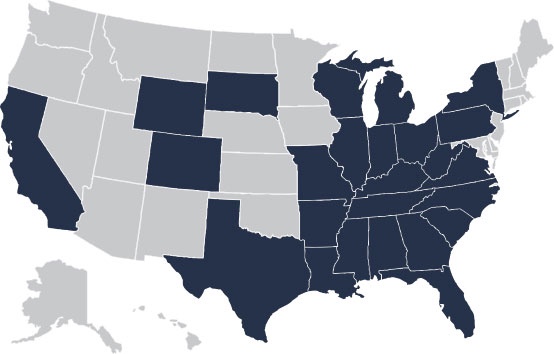Most people experience a protective inclination when it comes to the elderly people in their lives; whether that is a parent, a grandparent, or even a special aunt or uncle. But as our loved ones get older, most want to hang onto their independence for as long as possible. However, it often becomes apparent (at least to others who can see a digression) that they need help. Sometimes elderly persons just need assistance with a few things, such as medication reminders, day-to-day upkeep or meal preparation. Other times, an elderly person may get to the point where they need assistance with nearly all aspects of their personal care. This is when elder abuse can surface.
While most caregivers are patient and empathetic, there are some who do not have the patience or the right temperament to properly care for seniors. These individuals may not have the proper training, support or facilities to provide appropriate care. In short, while there are plenty of good care givers, there are many instances where seniors suffer due to the negligence or willful abuse of their care providers.
Who is Vulnerable to Elder Abuse?
Elder abuse can happen to a senior who is still living in his or her own home at the hands of relatives or friends. It can also happen to those who are receiving care from a professional caregiver, either at home or in a nursing home, assisted living facility, or hospital.
Oftentimes, instances of abuse and neglect go unreported. Seniors may be frightened to say anything or can be incapacitated and unable to speak up for themselves. Some abusers find themselves testing the boundaries of what is appropriate treatment of a senior, especially if the person has some cognitive difficulties and they don’t think anyone will believe the senior allegations of abuse are made.
Recognizing and Preventing Elder Abuse
If you suspect that your loved one is not receiving appropriate care, it’s important to bring attention to the matter. Some early warning signs may include:
· Unexplained bruises or cuts or scars
· Sudden changes in mood or behavior
· Signs of malnutrition
· Poor hygiene
· Soiled linens and clothing
· Reticence
· If the senior suddenly shifts the care of his/her finances to a care provider or other party
If the elderly person is a family member living in a care facility, it is important that that facility is comfortable with visitors both when caregivers are present and when family members are alone with the senior. If a senior does report mistreatment, it is important to look into the allegation, even if it does not seem plausible. It is important to stay as active in your family member’s life, since abuse often happens when caretakers don’t think anyone is watching. If you notice any behavior that doesn’t seem like it is a natural progression of your loved one’s condition, ask questions and demand explanations for any questionable practices. Double check those explanations with others in the field who work outside the facility including adult protective services, the facilities licensing agency, or an attorney experienced in elder law.
Looking Out for the Elderly
At Hargadon, Lenihan, & Herrington, PLLC in Louisville, Kentucky, we are committed to advocating for elderly persons who may have been abused, mistreated, or neglected by the people they depend on the most. If you are concerned for the well-being of your elderly or disabled loved one, contact us to schedule a consultation.

